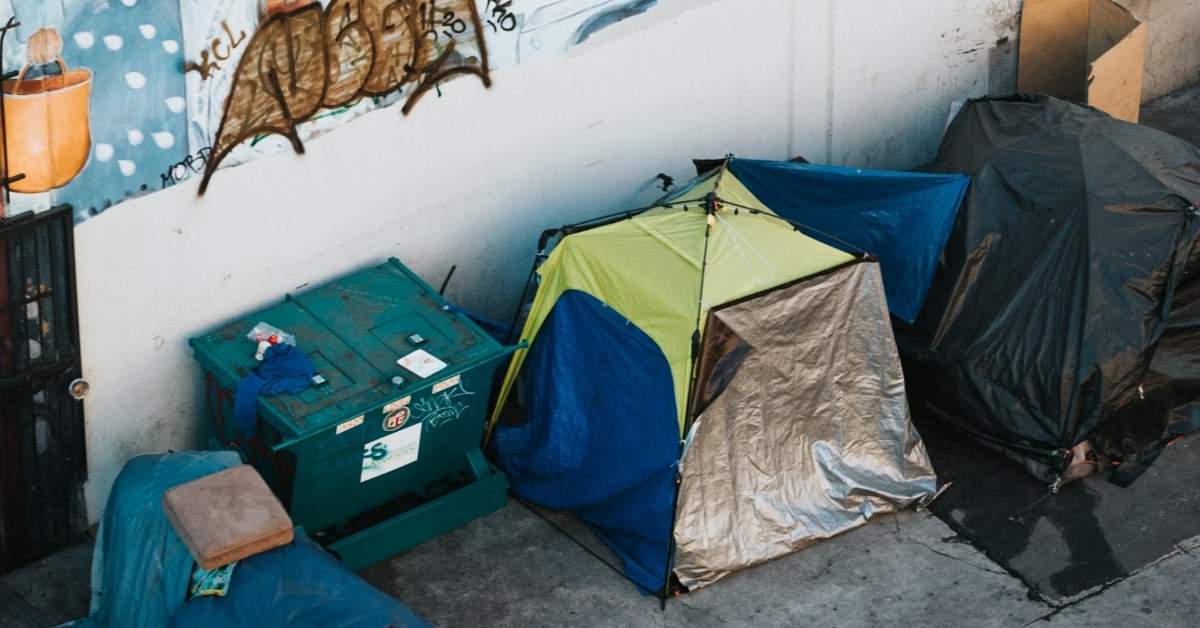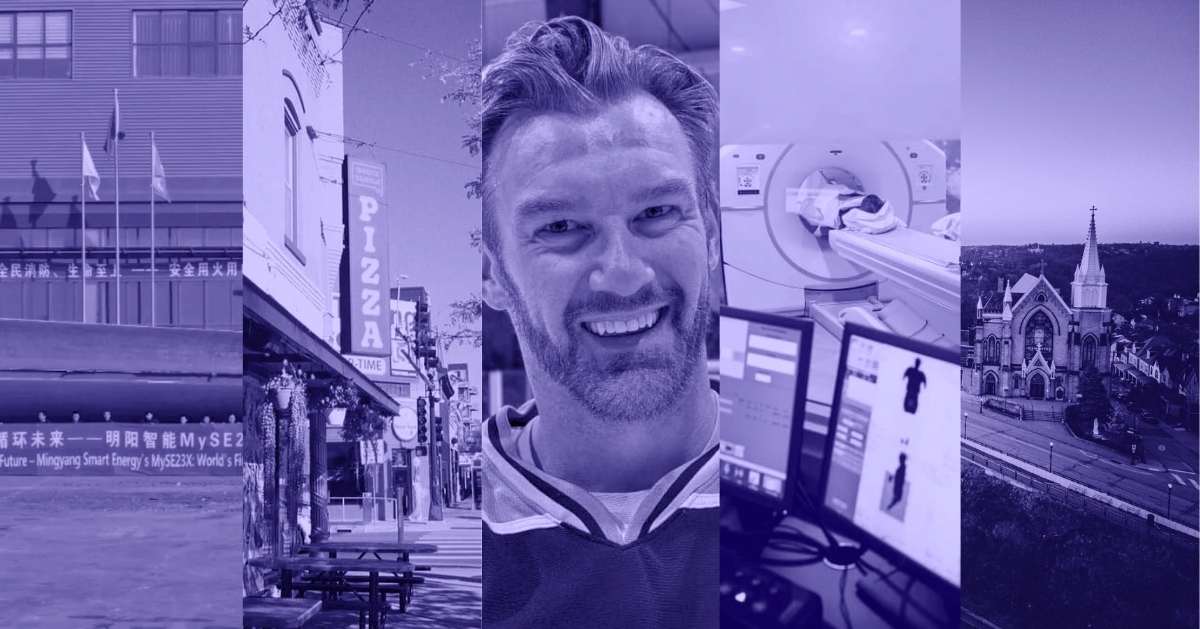In August 2024, rough sleepers across England were randomly selected to take part in a unique cash program.
Although they had recently gained temporary housing, they were all people who had experienced homelessness without shelter for prolonged periods of time.
To avoid compromising the results of the trial, the researchers at the Centre for Homelessness Impact and the Ministry of Housing, Communities and Local Government did not disclose the money given out, but it was one of eight CFHI projects backed by £15 million ($20.37 million in USD) of government funding.
After participants were allocated a “significant” amount of money, support providers at regional charities helped them purchase items on their behalf.
“We were encouraging our partners to be quite flexible and creative in how they spent that money,” Ella Whelan, the trial’s program lead at CFHI, told Big Issue.
“So obviously there were buckets of spending that we had very commonly around clearing like rent…or other debts, which maybe is to be expected, but is still super helpful and really impactful for people.”
Then came the surprising purchases.
“We also had other things around, like getting back into work or starting college courses or things like that, also things like laptops or other tools that were needed,” Whelan explained.
“We also had things like driving lessons, enabling people to reconnect and take on work. They were some of the things that people were spending that money on.”
According to Big Issue, a total of 10 frontline charities across England took part in the study to help facilitate purchases. Porchlight helped trial participants based locally in Kent, located in South East England.
The charity, which was founded in 1974, has been reducing homelessness for over 50 years through temporary housing solutions, mental health services, and essential care.
“Everybody deserves to have someone on their side when life gets tough,” reads a mission statement on the organization’s landing page.
“We draw on decades of experience to help people facing poverty and inequality in health and housing.”
Tom Neumark, the chief executive of Porchlight, said that he and his colleagues were astounded by how successful the trial proved to be.
“The feedback that people were giving us about it was that it was life-changing, basically,” Neumark said.
Neumark said that one person in the trial used part of their sum to fund their small wedding.
.jpg)
“There’s no way in hell, traditionally, you’d be able to write to a local charitable foundation and say, 'Can I have three grand to get married?’” he said.
“But what is it that makes a house a home? It’s sharing with someone you love, that’s a great part of it, and so I think it’s fantastic.”
Neumark said that the trial has long-term potential within other nonprofits, homeless charities, and government programs.
“It really expanded our minds as a charity about what gives people a sense of purpose,” Neumark said.
One participant, Colin, used the money to clear longstanding debts and unpaid train tickets. Now, less than a year later, he has a job and his debts are up to date.
Another participant, Kim, used the money to sign up for a civil law course.
“When I was awarded this money, it was overwhelming,” Kim said. “It is a lot of money to people like us – I felt like I’d won the lottery. I bought a phone, laptop, and printer so I can do a college course. I want to do civil law so I can advocate for people who are homeless. Getting this money gives you hope.”
For Sarah, a recovering addict, the trial money meant the difference between “an empty shell” and a loving home.
“Porchlight helped me get a place of my own, and when I was awarded this money, I was able to kit it out,” Sarah said, noting household necessities like a sofa, bed, fridge, freezer, and cooker.
“It’s my safe space. It’s my sanctuary. I can shut the door, I can shut the world away. There’s a lot to be said for that…I could choose what I wanted, I could make it feel like home,” she said.
“Getting the money has allowed me to do the final bits to my new home that mean I get to see them and my grandkids more. My kids haven’t had me for a long time. They have me now and you can’t ask for anything more than that.”
“Nothing would ever make me lose this again,” she emphasized. “I will never not pay my bills. I will make sure I’ve got food and the things I need at home. I will never go without those things again. I will never risk losing what I’ve got now.”
Sarah hopes that more people experiencing chronic homelessness will have a chance to take part in similar trials.
“I would love to see other people have this opportunity that I’ve been given,” Sarah said. “If I hadn’t had that grant and the things in my flat that I needed, then I can’t honestly say that I would still be clean and I wouldn’t have struggled.”
“Not having the things you need puts a lot of pressure on people and this took that away from me. So for people to have that opportunity to be given that grant, that would just be amazing.”
Neumark invited people to look into the study and keep an open mind.
“I think some people’s resistance to the idea of giving money to people who are experiencing homelessness, it can come from stigma,” he said.
“It can come from the idea that people experiencing homelessness are so different to me: the person who’s going to give the money. From what I’ve heard of the stories of what people spend the money on and how they felt once they spent the money, I felt nothing but empathy for what people were saying.”
You may also like: Involuntary sweeps of homeless camps do not increase public safety, study finds
Header image via Unsplash (CC BY-NC 4.0)



